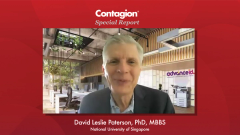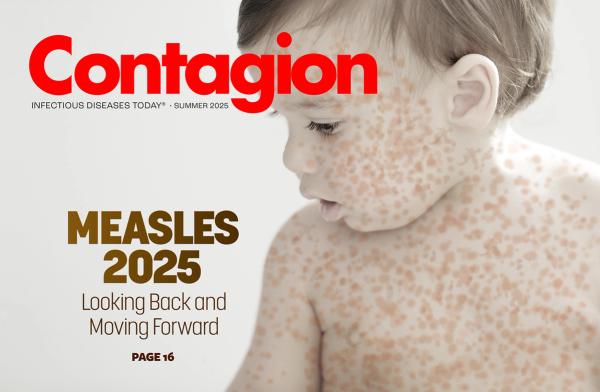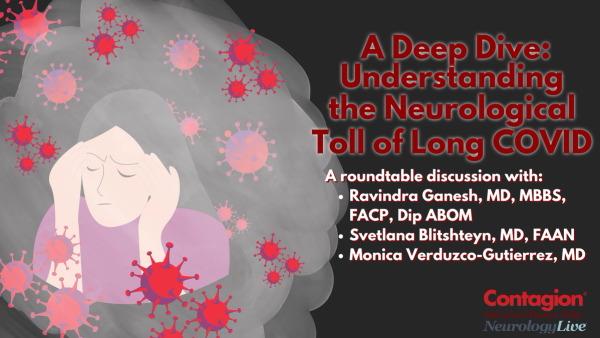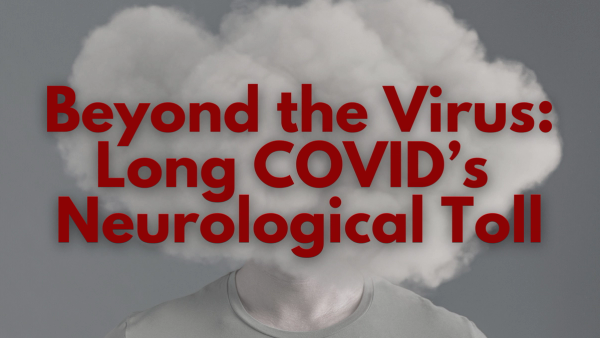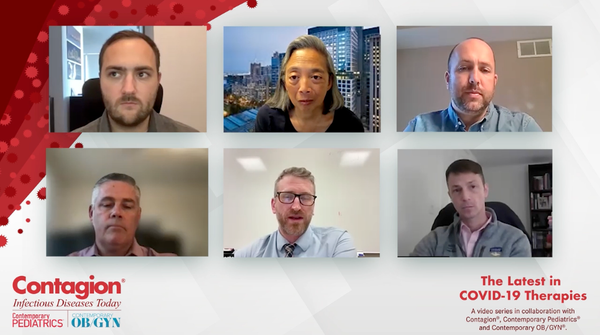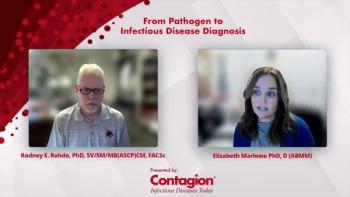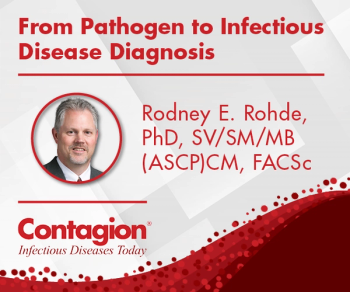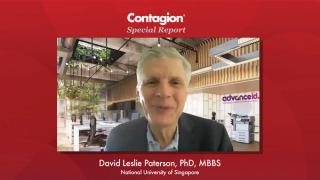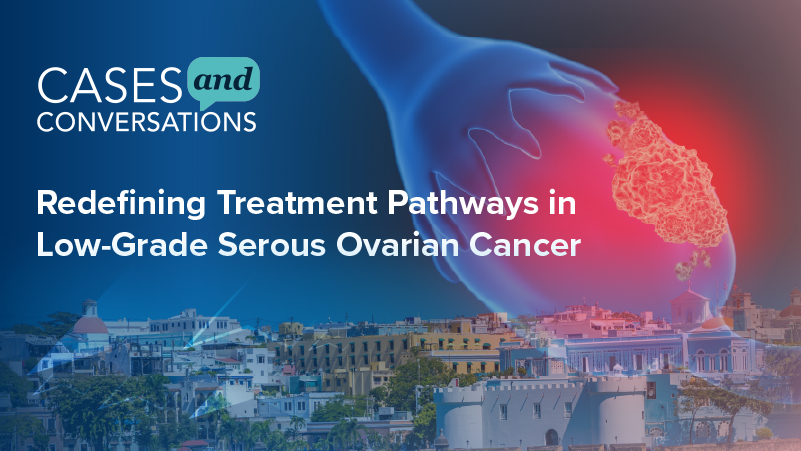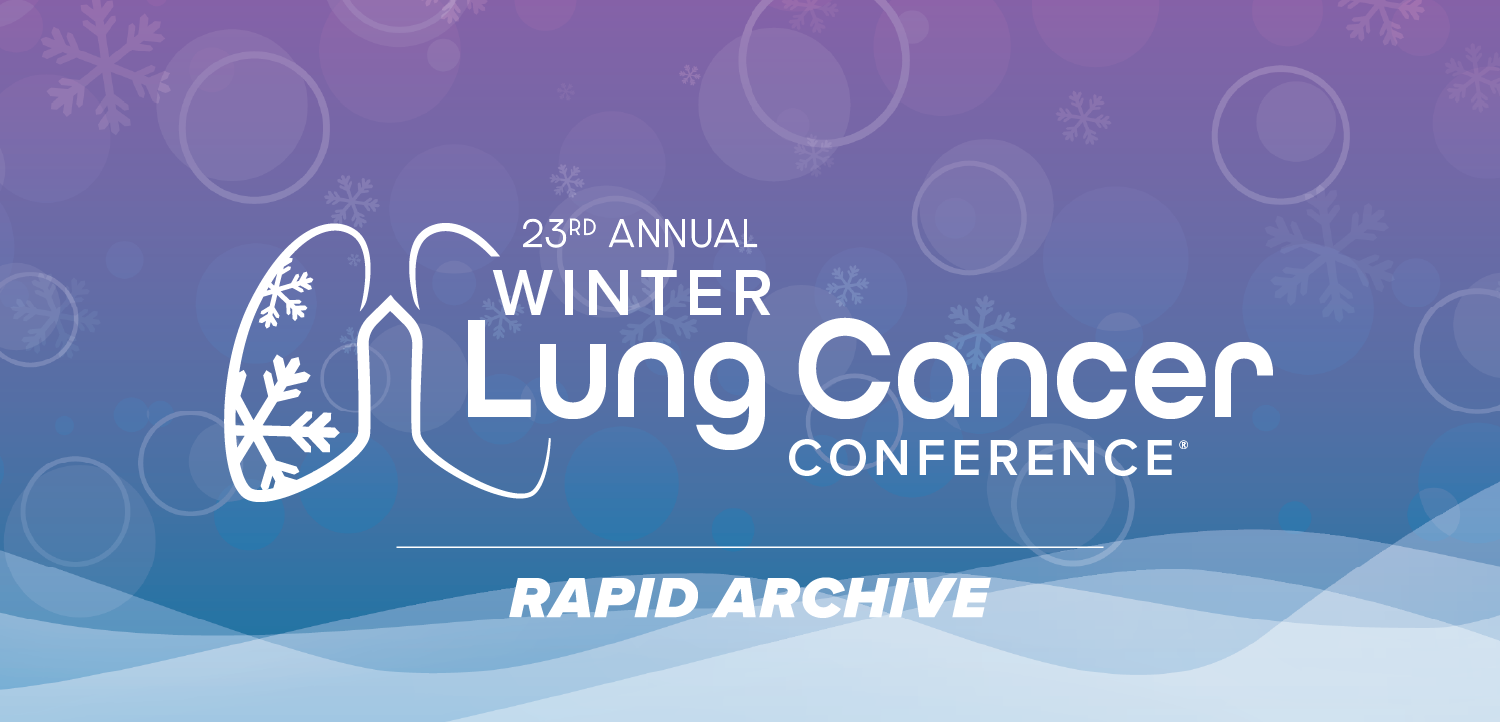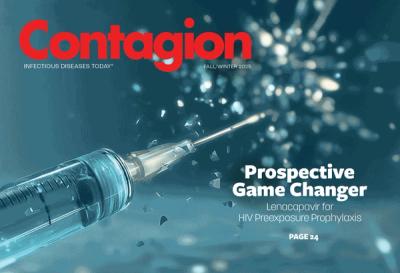
Conference Coverage
Latest Content
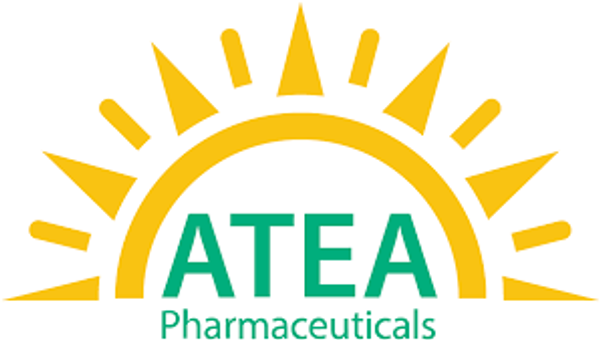
Antiviral Emerges as a Highly Potent, First-in-Class Candidate for Hepatitis E

Doravirine/Islatravir Combination Maintains Virologic Suppression Through 96 Weeks
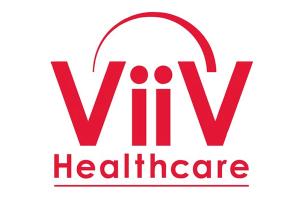
Switch to Dovato Linked to Lower Rates of Steatotic Liver Disease Vs Biktarvy at 96 Weeks

Novel Single-Tablet Regimen Demonstrates Noninferiority to Standard HIV Therapy
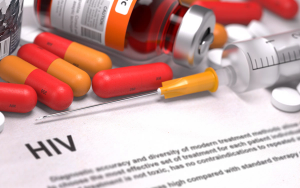
Switching to Doravirine/Islatravir Maintains Viral Suppression Through 96 Weeks

Shorts

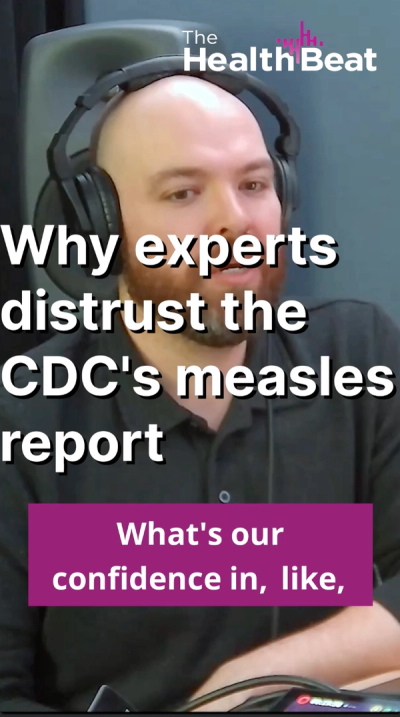
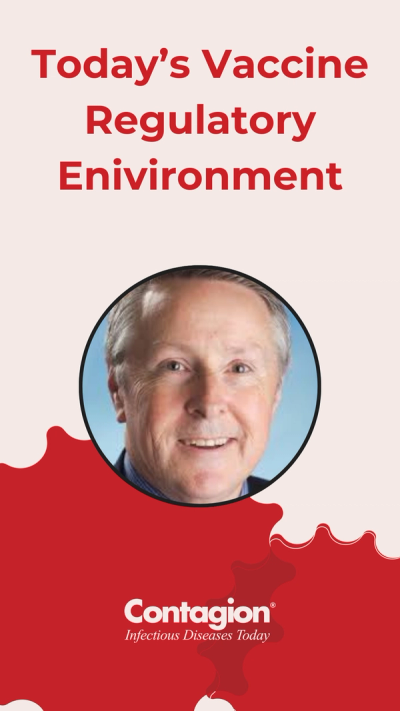
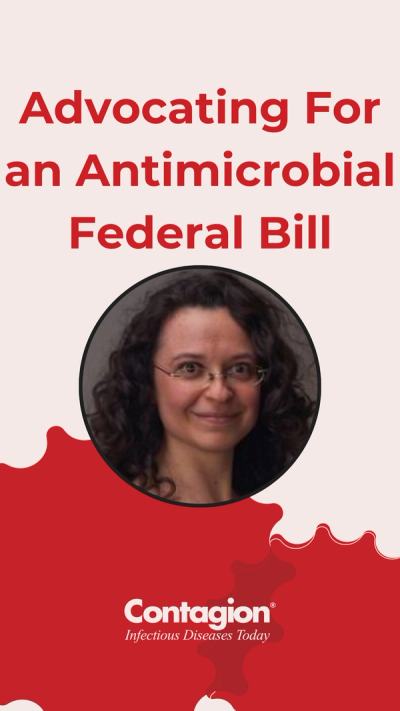
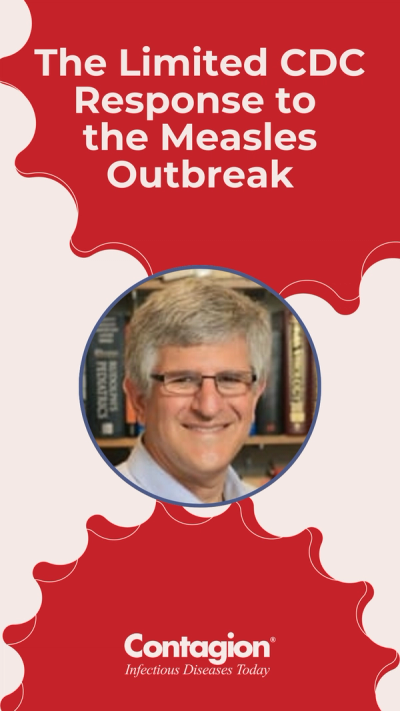
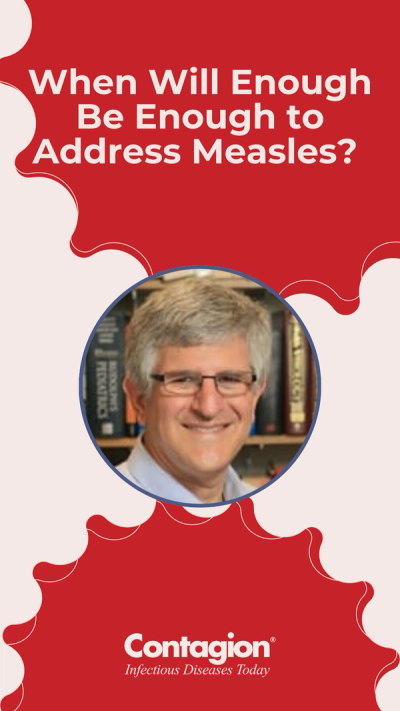
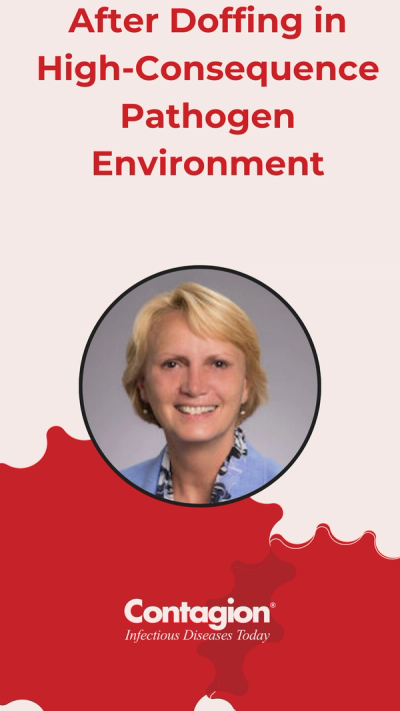
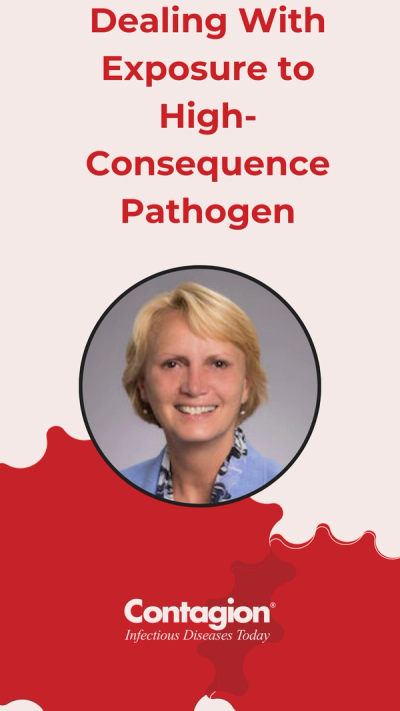

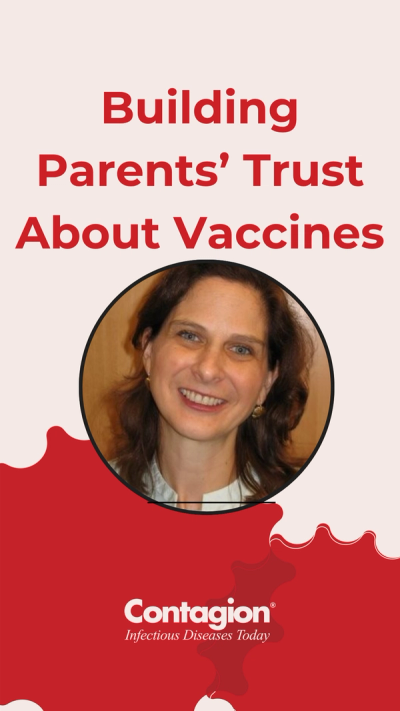
Podcasts
Videos
Contagion Digital Edition










All News

Traws Pharma announced positive phase 2 results showing its investigational COVID-19 antiviral ratutrelvir as a possible alternative to Paxlovid, including for ineligible patients, while advancing tivoxavir marboxil as a once-monthly oral prophylactic for seasonal influenza.

This week, read about the changes to the pediatric vaccine schedule, RSV protection, the FDA reversing course on Moderna's influenza vaccine, and more.
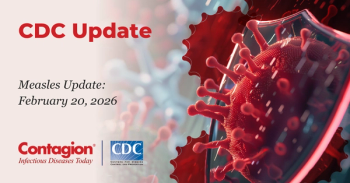
The latest CDC numbers show a 7.9% increase of measles cases from week-to-week. While the number of new measles cases are down from the previous week, there are more states and outbreaks circulating throughout the US.
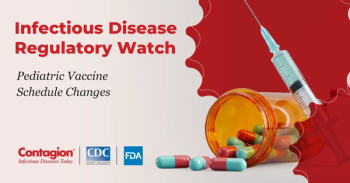
In this month's column, we look at the recommendation changes made by the CDC to the pediatric vaccine schedule, as well as the American Academy of Pediatrics' response with its own vaccine schedule.
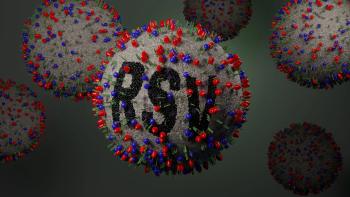
New phase 3 data show that Merck’s clesrovimab (Enflonsia) maintained a favorable safety profile and supportive pharmacokinetics in high-risk children under 2 years of age during a second RSV season. The company plans to file for expanded regulatory approval.
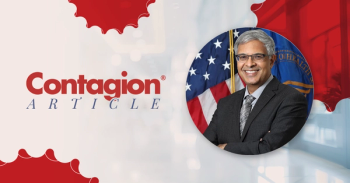
The federal agency is bringing over NIH Director Jayanta "Jay" Bhattacharya, MD, PhD, to fill the position.

Invivyd has aligned with the FDA on the design of a phase 3 trial evaluating the safety and immunology of the company's monoclonal antibody, VYD2311, vs mRNA COVID vaccines and in co-administration.

GSK Highlights Real-World Efficacy Data for Its RSV Vaccine
New real-world evidence presented by GSK shows its RSV vaccine, Arexvy, was associated with substantial reductions in RSV-related hospitalizations and serious cardiovascular and respiratory complications among older adults.

Reversing Course, FDA Will Now Review Moderna's Influenza Vaccine
After initially refusing to review Moderna’s investigational mRNA-based seasonal influenza vaccine, the company communicated with the FDA on a revised proposal to seek approval and the federal agency will now review the product. The vaccine's PDUFA decision date is August 5, 2026.

The Human and Financial Costs of Delaying Vaccines
Eric Hall, PhD, MPH, led a modeling study around delaying the universal birth dose for the hepatitis B vaccine, and he offered some insights into potential health care costs when moving away from this dosing.

A newly proposed federal insurance rule for 2027 omits long-promised protections on copay assistance, allowing insurers and pharmacy benefit managers (PBMs) to continue diverting billions of dollars intended to help patients afford prescription drugs.

Universal RSV Immunization With Beyfortus Shows Lasting Impact Across 2 Seasons
Findings from a real-world population study from Spain show that universal infant immunization with Beyfortus significantly reduced RSV-related hospitalizations not only in the first RSV season but also into the second year of life.
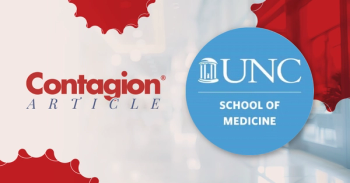
A 6-year study in Liberia shows that Lassa fever is frequently missed in febrile patients, leading to preventable deaths and underscoring the urgent need for earlier diagnosis and improved testing.

This week, listen in on commentary around the potential removal of the COVID-19 vaccine from the US market, read about FDA's refusal to review Moderna's influenza vaccine, CDC's investigation on invasive E coli, and more.
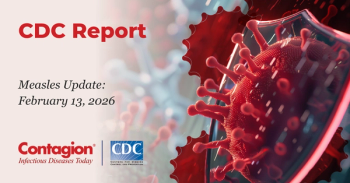
The latest CDC numbers show a nearly 25% increase of measles cases from week-to-week. This marks 2 weeks in a row with a nearly identical increase of cases by percentage, and there are now 5 outbreaks circulating throughout the US.








